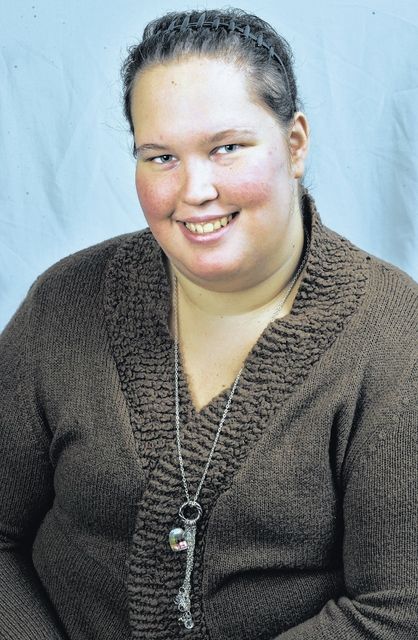Click here to subscribe today or Login.
Pearl Harbor.
Sept. 11.
The assassination of President John F. Kennedy.
Challenger.
I’m sure you remember where you were when you heard about these events.
For anyone who has been diagnosed with cancer, that moment is at the top of the list. Life suddenly stops.
I remember when I got my diagnosis.
It was Jan. 2, 2015. I was at work. My doctor called but I denied the call, thinking the results of a few tests I had in December were the same as always — a fibroid tumor, nothing to worry about, quick fix.
How wrong I was. I got home around 8:30 – my dad, who had been diagnosed with pancreatic cancer in October 2014, and my mom were sitting in their room. My mom called me upstairs. (Side note: I signed HIPAA papers so my mom could talk to my doctor and, since he couldn’t get me, he talked to her.)
My dad, frail as he was, said to me, through tears, “I wish I can put you in bubble wrap.” I had no idea what he meant until my mom told me. I had stage IV (four) endometrial cancer.
Words like “tumor,” “blood counts” and “chemo” became a part of my life. Every day I wondered if it was going to be a good day or a “sick day.” I became part of the thousands of people diagnosed with cancer.
A brave group, if I may say so — to face the days, whether it’s a good day or bad day.
Twenty-four days later, I had surgery — hysterectomy — that changed my life. Before the surgery, we tried everything to keep my fertility. My mother, Susan, and I, along with family members, went to Memorial Sloan Kettering (MSK) in New York City to see if we could preserve anything. Not possible. In fact, the doctor who took my case was the chair of the gynecological department.
He was the second doctor to tell me, “I’m a one in a million patient.” I was 23, wasn’t even thinking about a family, just trying to make something of myself. All of sudden, the future I envisioned— a husband, two children, white picket fence — was ripped from my hands.
I shed a few tears for what could have been and my mind went back and forth, hoping I wouldn’t disappoint my parents by not giving them grandchildren. I had the surgery. With that came a seven-week recovery period. During that seventh week, my father died. Pancreatic cancer had won.
Less than a week after burying my dad, I was at Fox Chase in Philadelphia because my doctor didn’t know what to do to help me — I was allergic to the medicine they were administering.
During chemotherapy, I lost all my hair, was tired (some of the time), lost weight but didn’t lose hope.
After 18 treatments at Fox Chase Cancer Center, three ports — small device surgically inserted beneath the skin with a catheter that connects the port to a vein — for chemotherapy, several hospital stays — pneumonia one week, low blood counts another — I was declared in remission.
Hooray!
During my six-month scan, three weeks ago, I was told the cancer had returned. This time it’s small; they caught it early, but it’s still there. We knew a relapse was possible. My doctors at Fox Chase are optimistic. I start a clinical trial within the next two weeks.
Some people have it worse than I have. I empathize.
Getting to work, talking to people and telling your stories gives me inspiration. It gave me inspiration last year; it’ll give me inspiration this year.
Thank you for letting me part of your story as you’ve become a part of mine.
To those just receiving the diagnosis: Don’t be scared — there is light at the end of the tunnel.





